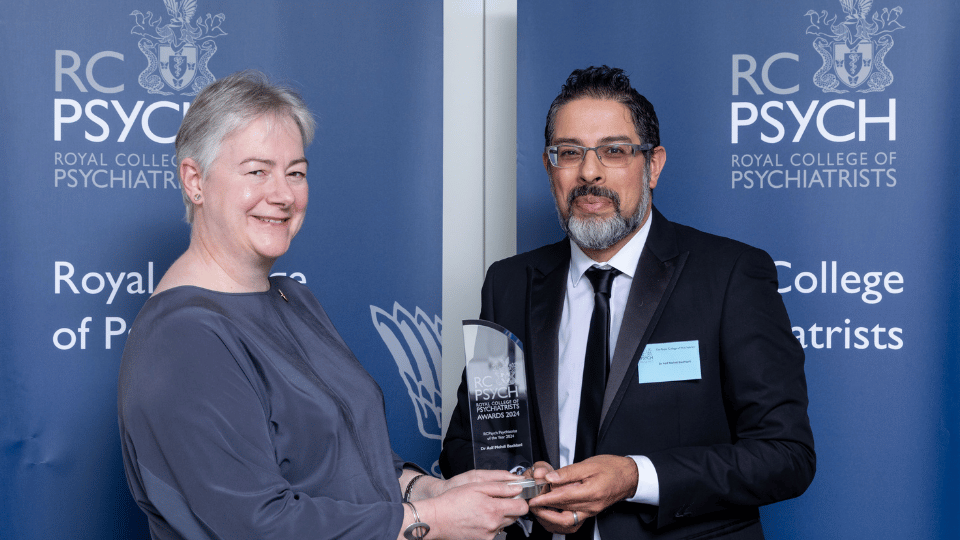Autism support at Priory
Get help for autism from our world class experts at Priory.
- Private autism assessments available now
- Online and face-to-face support
- Highly qualified specialists trained in autism
At Priory, we don't offer 'treatment' for autism; instead, we provide people with the support they need to manage things a bit better.
Our private services include comprehensive autism assessments and diagnoses for both adults and children. As of September 2024, there were 204,876 people waiting for an autism assessment in England, according to the latest NHS data. Data also shows that, over the past year, the average wait time for an autism diagnosis increased to 300 days (source). The waiting times for our private autism assessments are significantly shorter than the national average and the entire end-to-end process usually takes between 4 to 6 weeks.
We also offer group or individual therapy for people who have been diagnosed with autism, focusing on managing any associated challenges such as anxiety, rigid thinking and other emotions. These private autism services can be self-funded or covered through private medical insurance.
We are able to offer fast access private autism assessments and diagnosis to those who are showing signs of autism.
We support people with autism throughout the country, meaning that you can access the assessment and support you need in a convenient location. We have hospitals and wellbeing centres offering support in the North East, South West and South East. To find your nearest assessment centre, please search below.

Dr Asif Mehdi Bachlani, a consultant psychiatrist at Priory, has been named ‘Psychiatrist of the Year’ by the Royal College of Psychiatrists.
Dr Bachlani leads Priory Hospital Woking’s autism pathway and has played a pivotal role in establishing the first diagnostic pathway for autism within Priory’s private healthcare services.
This assessment model is being introduced across all Priory hospitals and wellbeing centres, improving access to timely autism diagnosis and personalised support.
Dr Bachlani has also created a 12-week programme for newly diagnosed individuals, offering psychological support, guidance, and ongoing care.

For patients and GPs, finding appropriate specialists can be difficult. When referring to Priory, all parties can be assured that our specialists are up to date with best practice methods, qualifications, training and national guidelines.

All of the services we offer at Priory can be funded through private medical insurance. This includes:
All clients will have access to our highly skilled and accredited clinicians, many of whom are published experts in the field of mental health and addiction treatment. Whatever your needs, we're committed to working with you to get your life back on track.
In addition to private autism services, Priory collaborates with the NHS and local authorities to offer specialist inpatient autism support through our nationwide network of dedicated hospitals. Our complete care pathways span medium and low secure services, rehabilitation and recovery (R&R) services, and community rehabilitation. We also provide community-based services, including residential services and supported living accommodations, tailored for autistic adults. These services can be funded via the NHS or local authorities. Please note, we are unable to provide access to our private services through NHS or local authority funding.